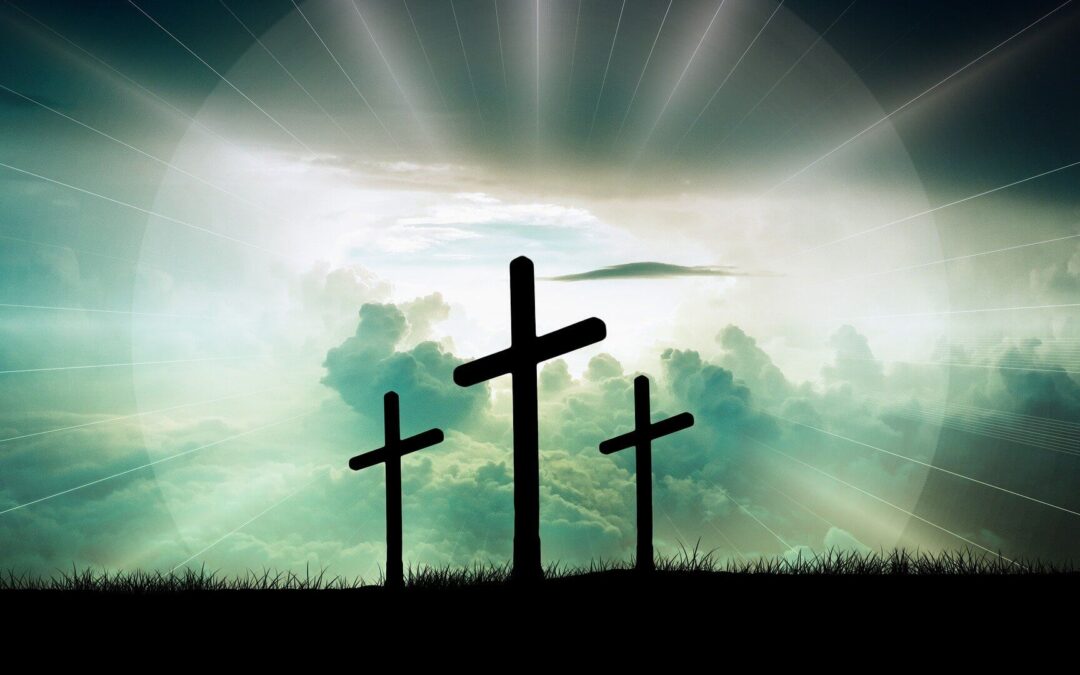This is the heir come let us kill him, that the inheritance may be ours. So, they cast him out of the vineyard, and killed him” Luke 20:14,15 KJV
This is the heir; let us kill him so that the inheritance will be ours.’ “So they threw him out of the vineyard and killed him…” Luke 20:14,15 NASB
The parable of the vineyard is familiar to us all. Not only do we understand its meaning, but the chief priests and scribes got the point of the message as well (v 20). In the parable, the Lord Jesus is seen in three different ways. He is the well-beloved Son of the Father, sent to be reverenced and acknowledged. He is the Heir Who has come to receive what is His due. Lastly, He is the Stone, rejected by men but made “the head of the corner.”
As the well-beloved, as seen in His Relationship to His Father
The response of the owner of the vineyard to the manner in which His servants have been treated is to send one Who is even dearer to His heart. What a mark of patience, longsuffering, and love! Despite the treatment His servants have received, He will display to them His unfailing love in the sending of His Son.
As the Heir, He is seen in His Rights to the Field
He is the heir of all things. Yet fallen humanity has attempted to wrest everything from Him and claim it for self. We have bought into the lie of Satan that we have a right to anything and can “claim the Garden for ourselves.” It is noteworthy that in this section of Luke, there is a strong emphasis on the ability to recognize (ch 20:1-8, 20-25). They recognized the heir and the threat that He was to their claims. The only option they could possibly entertain was to cast Him out and to kill Him.
As the Stone, His Retribution in the Future
- He is the rejected Stone – Man’ s estimate
- He is the Head Stone – God’s estimate
- He is a stumbling Stone – What He is to Israel
- He is a smiting Stone – What He will be to the nations.
Peter takes up this theme in 1 Peter 2 and reminds us that whoever believes in this Chief Corner Stone will never be put to shame. In contrast, unto us who believe, He is precious, or, as some margins give it, “unto you who believe preciousness.” He is “elect and precious” to God (v 4), and we now have the same estimation of Him as the Father. Gladly do we own Him as the Well-Beloved Son of His Father, the Heir of all things, and the Stone upon which everything for eternity rests.
Consider
Daniel speaks perhaps for the first time (the Psalms and prophets do speak of Him as the Rock) as the Stone Who will smite the nations (Dan 2). In that chapter, it is His relationship to the nations as the Smiting Stone. Why do you think that Daniel adds that it is “made without hands?”

